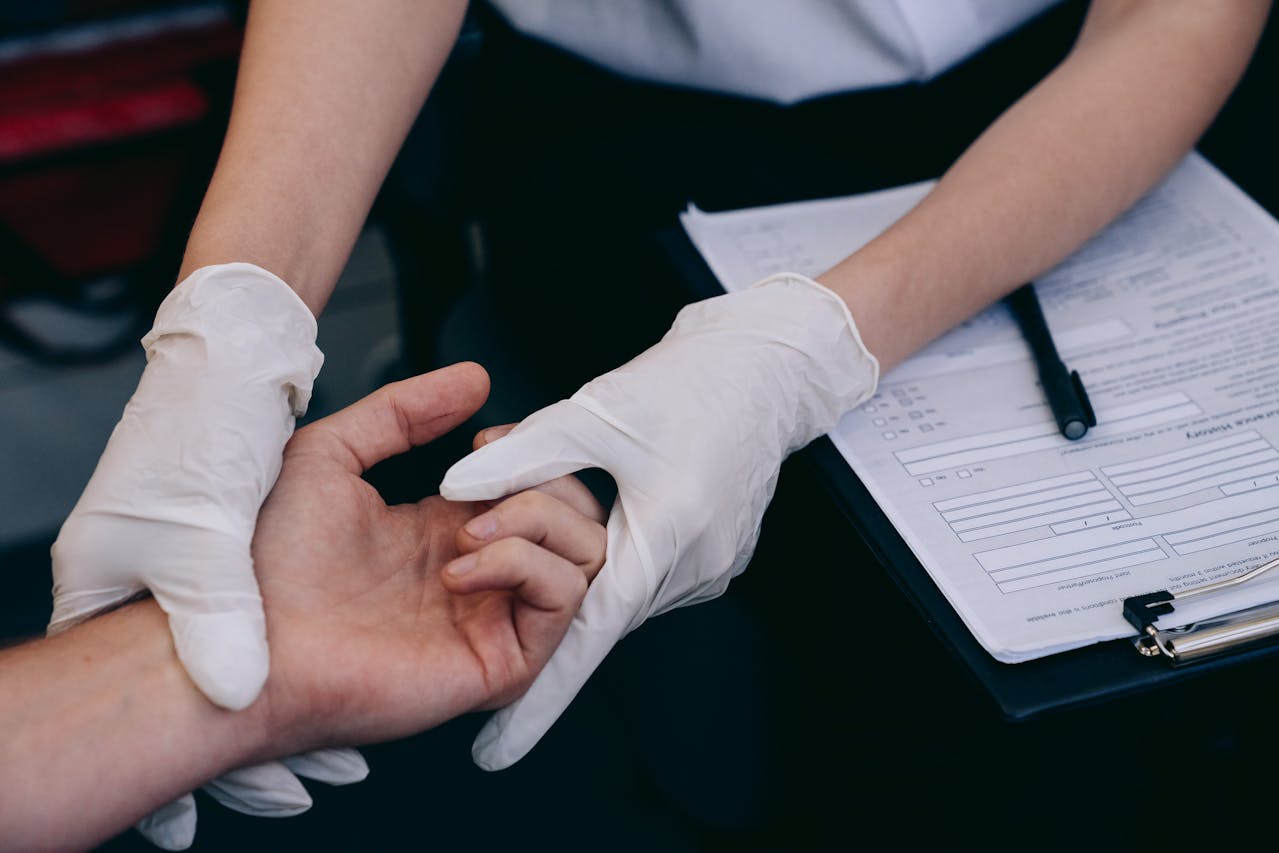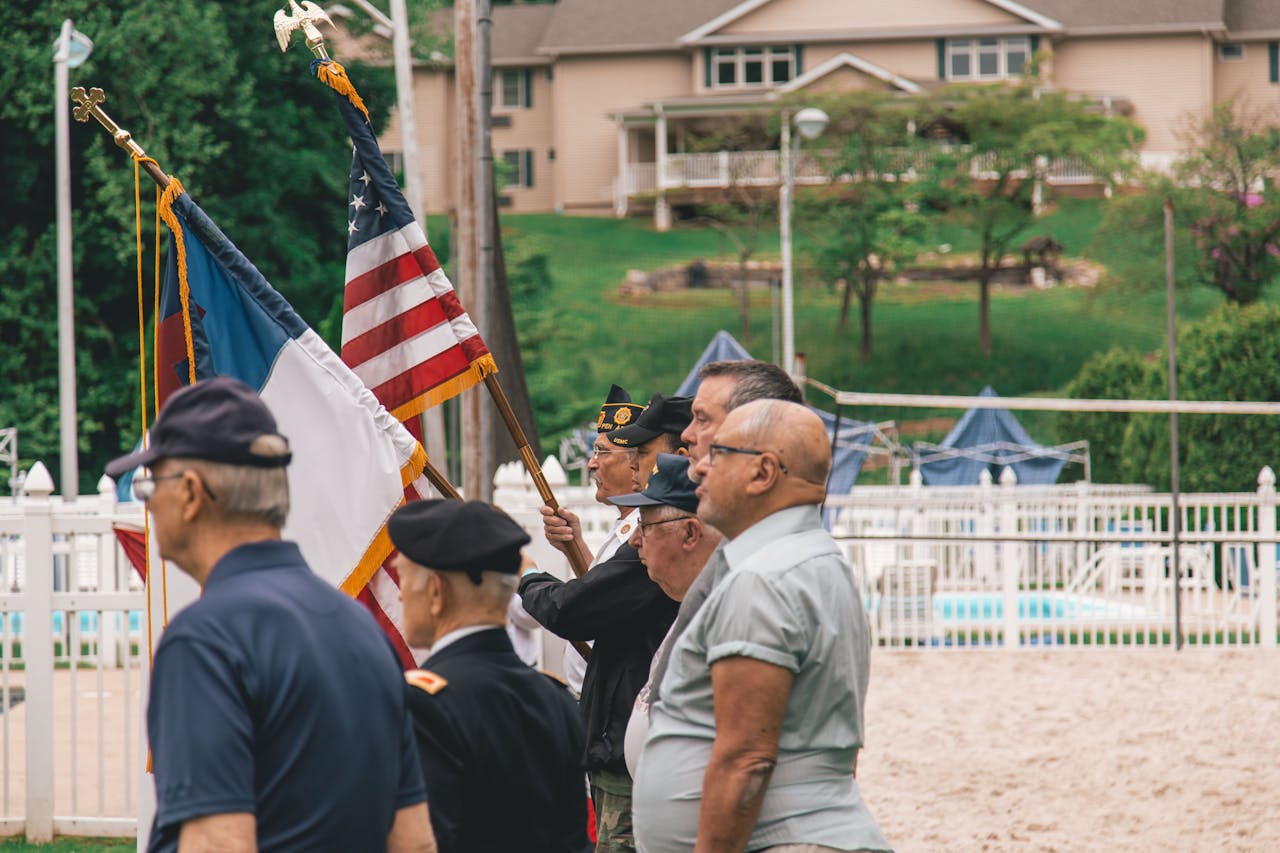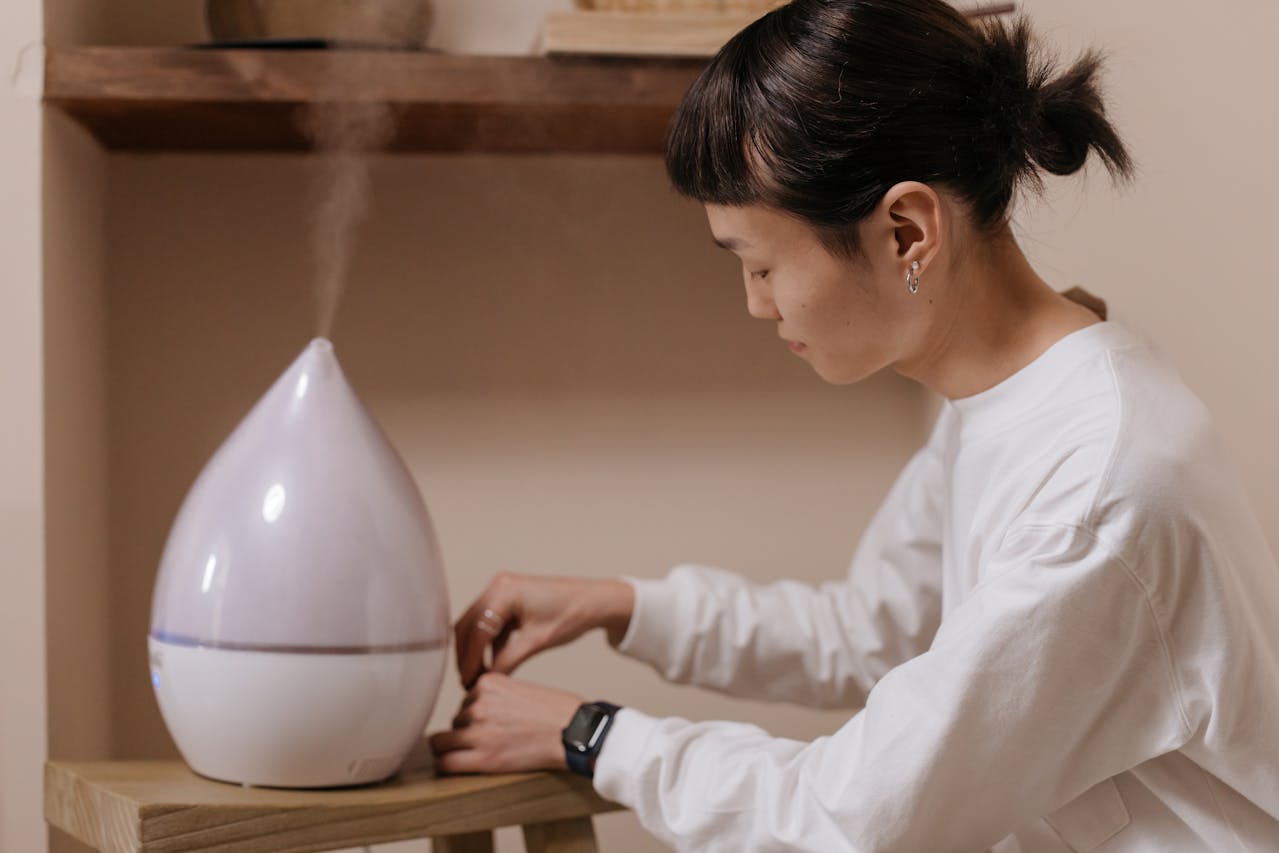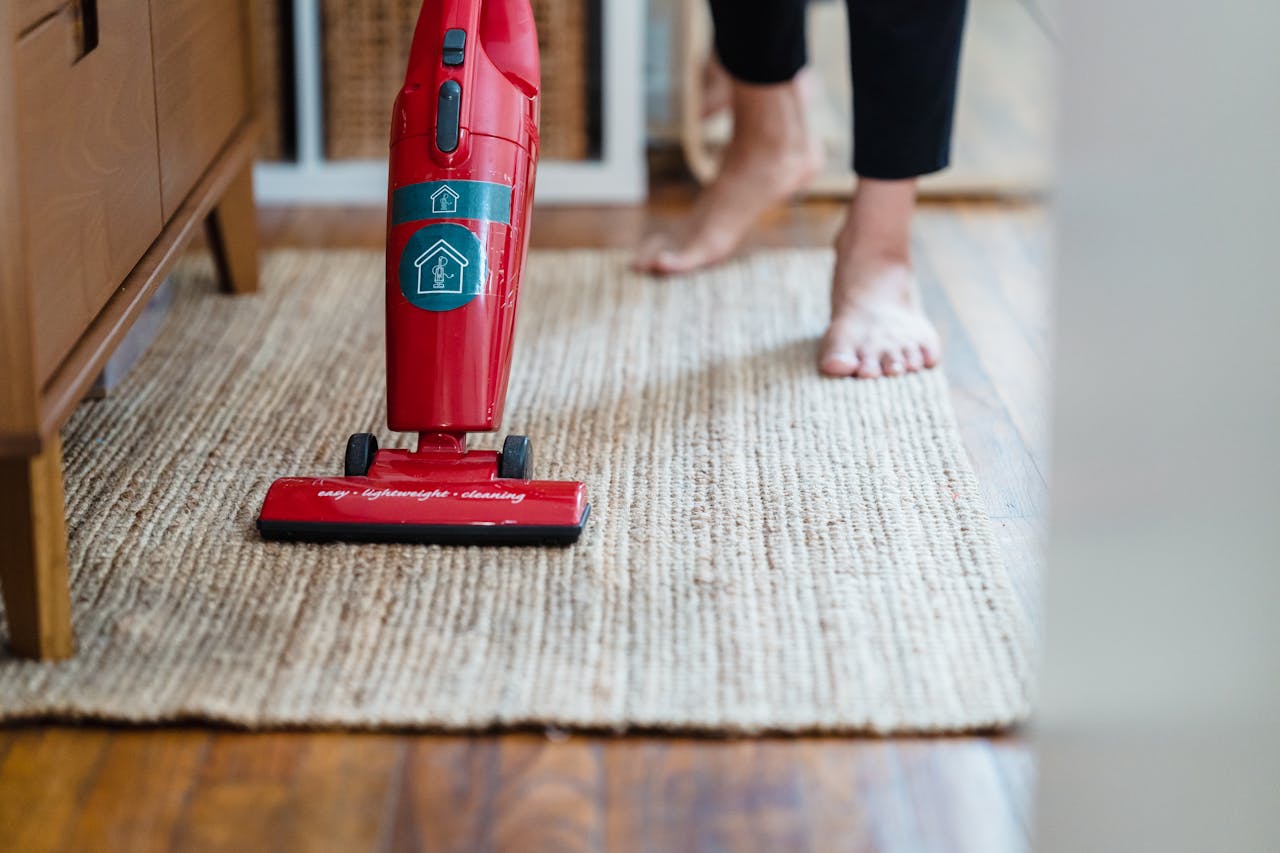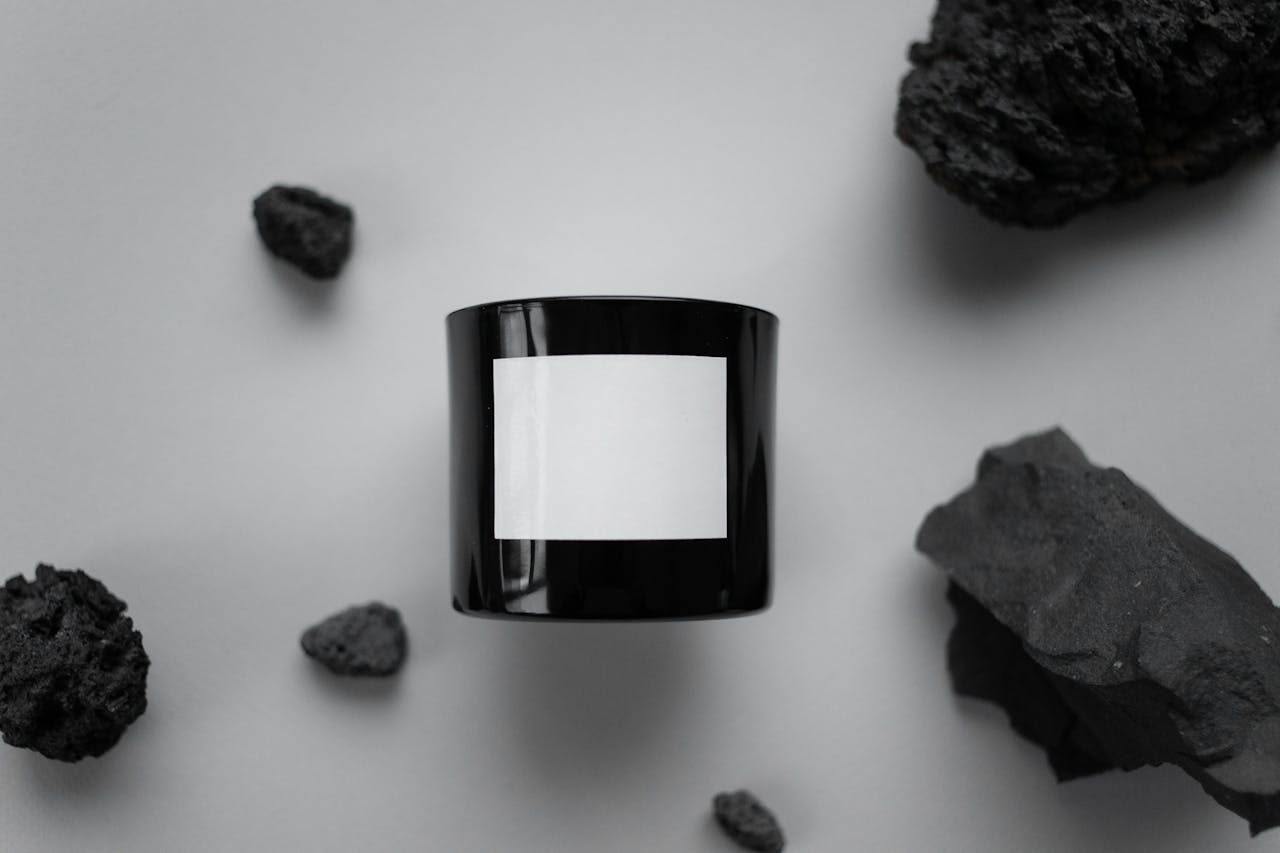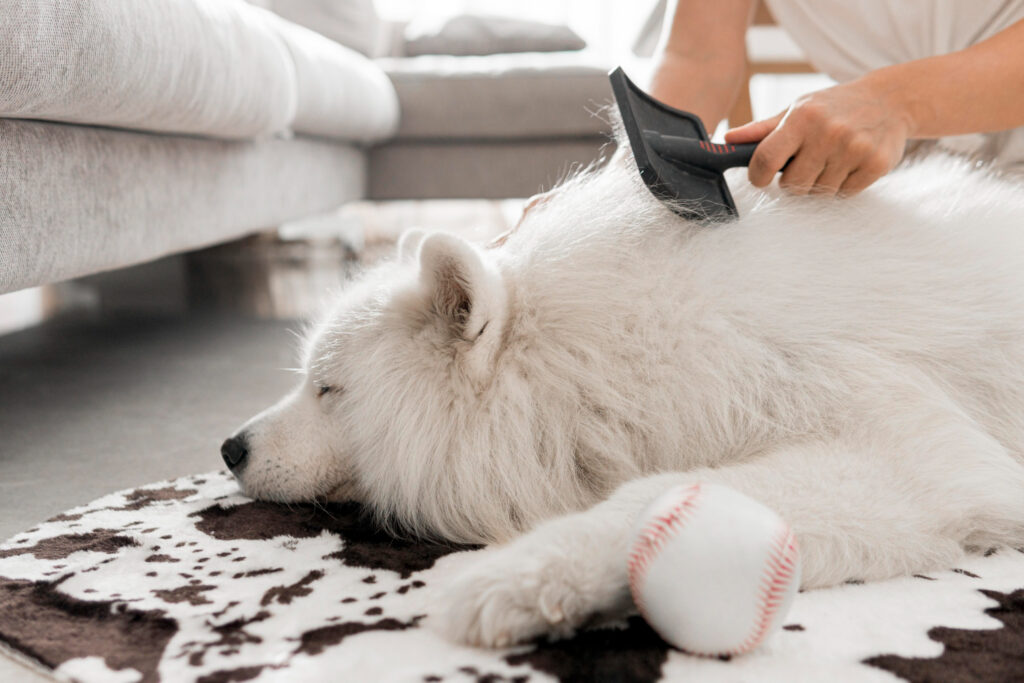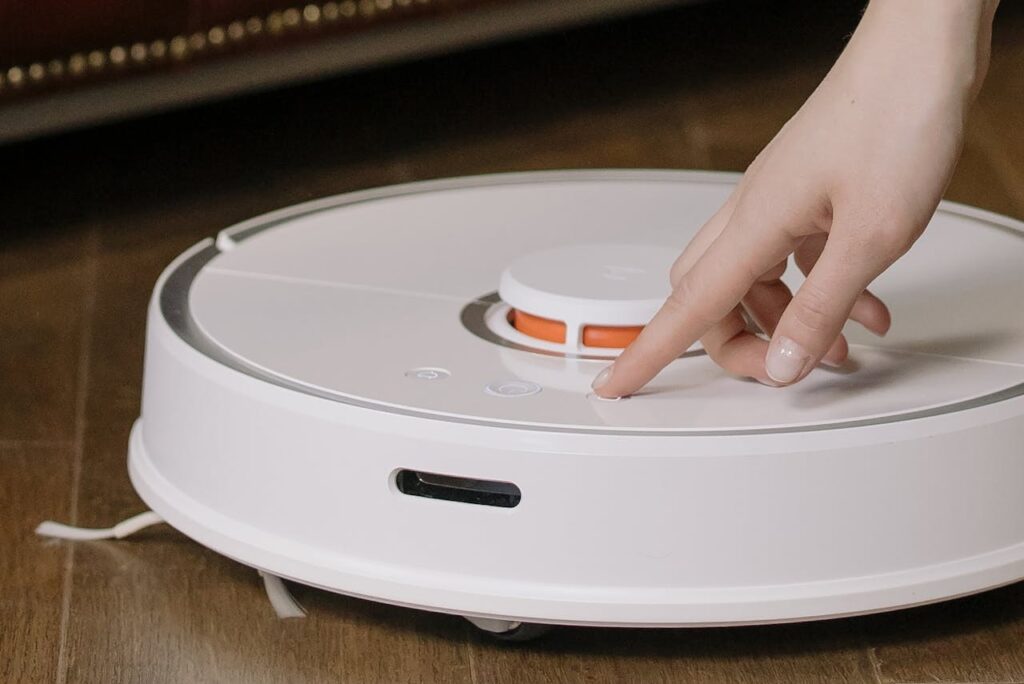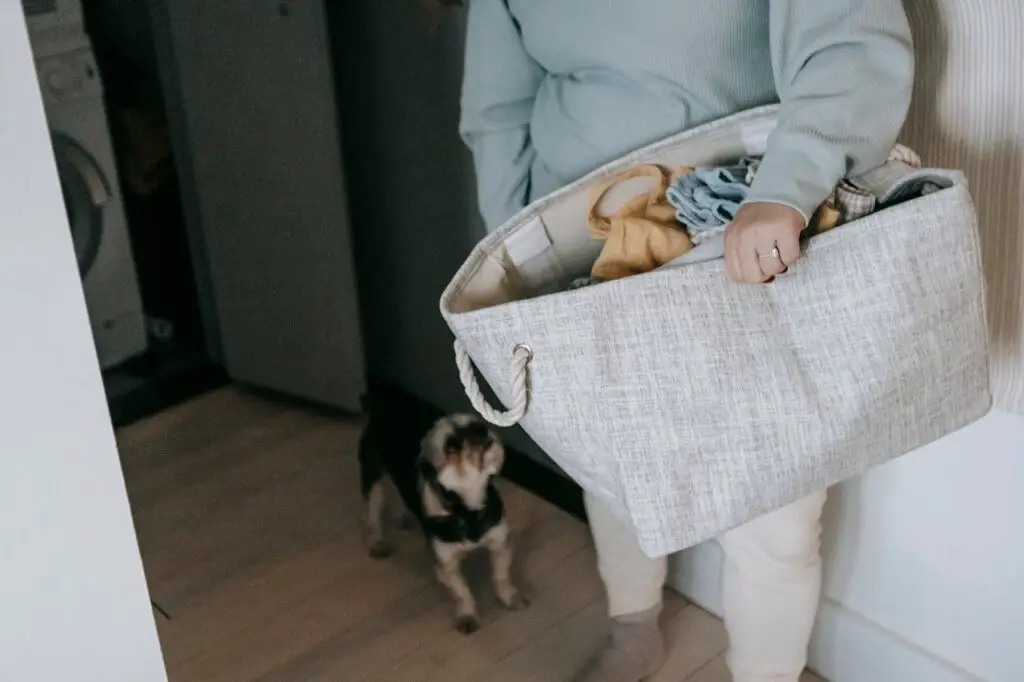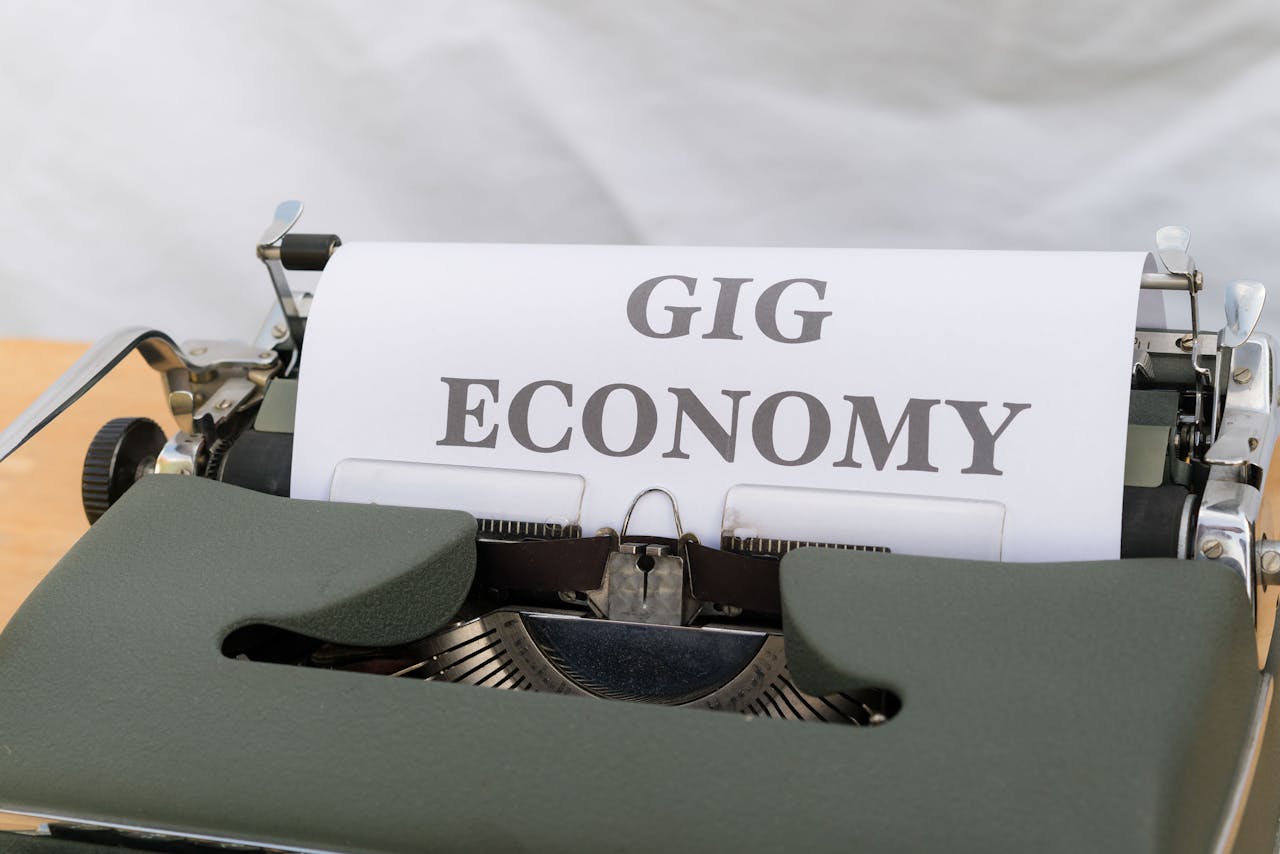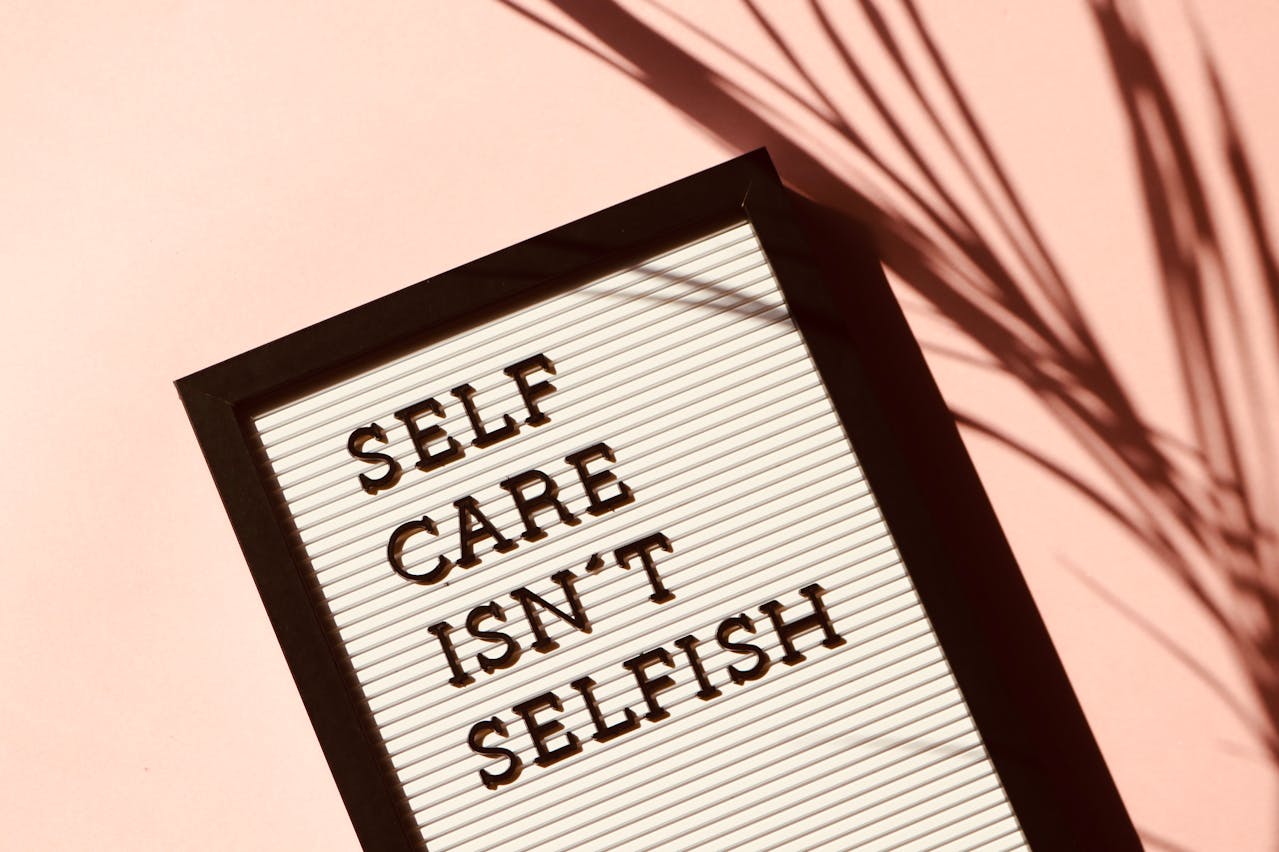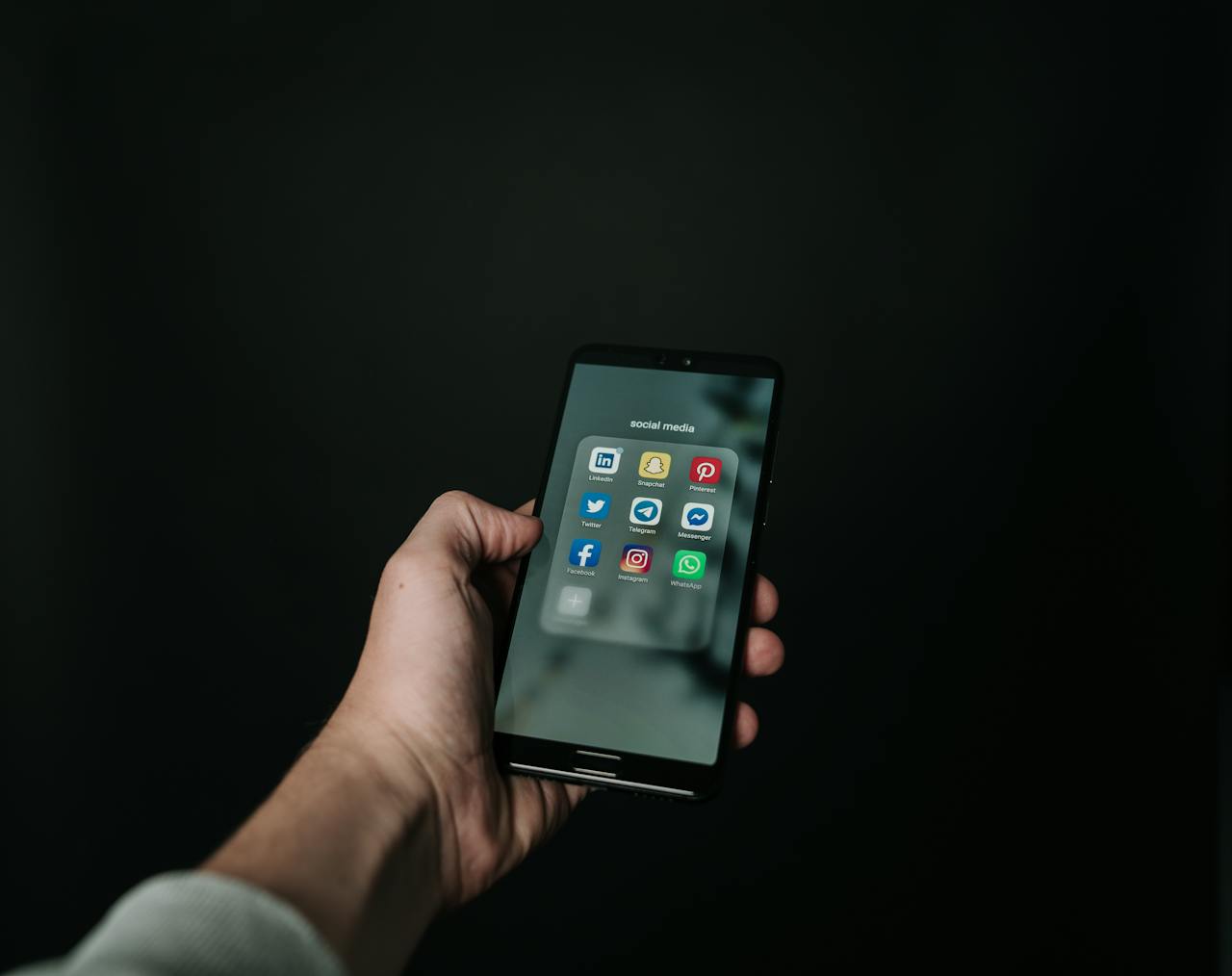From Foxholes to Family: 15 Grandpa Sayings Born in the War Years That Still Resonate Today

If you grew up hearing your grandfather’s words of wisdom, chances are you have a mental list of sayings he seemed to repeat every chance he got. Many of those memorable expressions were not just colorful turns of phrase—they were forged in the fire of the war years, especially during World War II. Soldiers brought home not only stories but also language shaped by camaraderie, hardship, and a bit of humor that kept spirits up even in the toughest times.
For baby boomers, these sayings became part of the family soundtrack. They added charm to daily conversations, conveyed lessons without long lectures, and sometimes offered comic relief when life got messy. While the world has changed, these phrases still ring true today. Let us revisit 15 timeless sayings Grandpa may have used and explore the meaning behind each one—and why they still hold value for us now.
1. “Situation Normal—Snafu”

The military acronym SNAFU stood for “Situation Normal, All Fouled Up.” It was used by soldiers to describe chaos that seemed unavoidable. Your grandfather may have muttered it when the lawnmower would not start or when the kids made a mess five minutes after the house had been cleaned. This saying reminds us to keep our cool when life gets messy. After all, even when things seem out of control, a little humor goes a long way.
2. “Fouled Up”

A gentler cousin of SNAFU, “fouled up” became a post-war favorite. Soldiers used it to describe small mistakes without harsh language, and civilians quickly picked it up. Grandpa may have said it when someone left the TV on the wrong channel or overcooked the Sunday roast. It is a forgiving way of admitting that mishaps happen—and that life goes on.
3. “Beat It”

During World War II, “beat it” was slang for “get out of here” or “scram.” Soldiers on duty used it when they needed others to move along quickly. Grandpa probably used it with a smile when kids were hovering too close to his workbench or when a nosy neighbor overstayed their welcome. Today, it is still a playful way to tell someone you need a little space.
4. “Baloney!”

When Grandpa called something “baloney,” you knew he was not buying the story. This word became popular in the 1940s to call out nonsense without using harsher language. If a tall tale seemed too good to be true, you could count on Grandpa to cut through it with a firm, “That is a load of baloney!” It remains a fun and harmless way to call things as you see them.
5. “Copacetic”
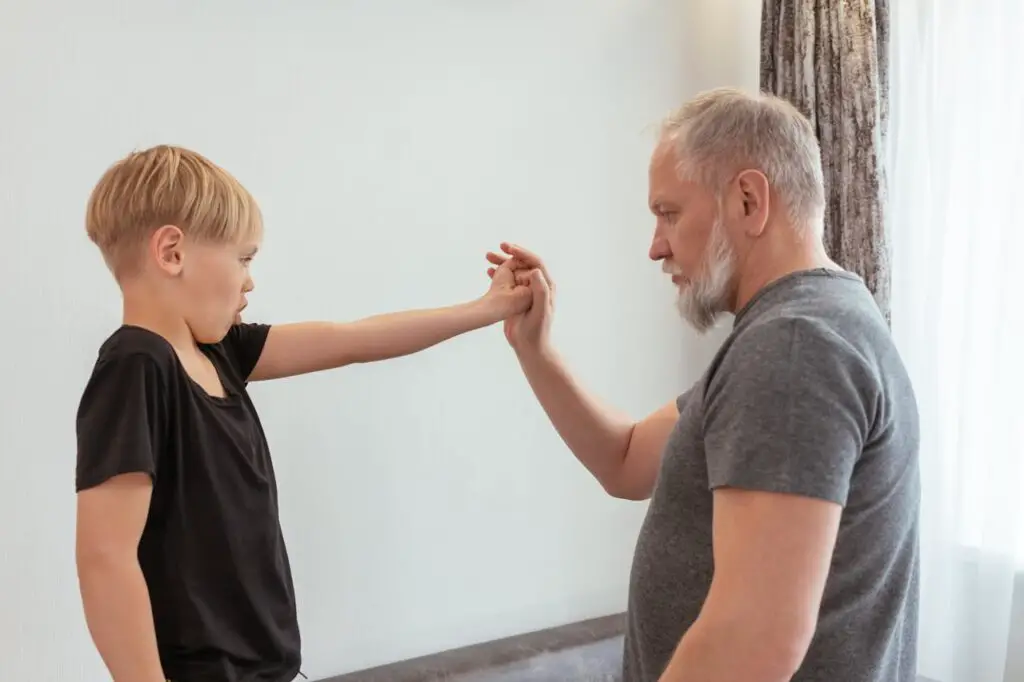
Few words roll off the tongue as smoothly as “copacetic,” meaning “everything is fine” or “completely in order.” Soldiers used it to reassure each other, and many brought it home after the war. Grandpa may have used it when asked how the garden was doing or whether the bills were paid. It is a cheerful reminder that sometimes, things really are just fine the way they are.
6. “Taking Flak”

In World War II, pilots described heavy anti-aircraft fire as “flak.” Over time, the phrase shifted to describe being on the receiving end of criticism. Grandpa may have used it when Grandma scolded him for tracking mud across the kitchen floor. Today, saying you are “taking flak” acknowledges the heat you are under—whether from a boss, a spouse, or even your own children.
7. “Geronimo!”

This shout began with paratroopers who promised to yell “Geronimo!” when jumping out of airplanes for courage and good luck. At home, Grandpa may have yelled it while cannonballing into the pool or when joining the kids in a playful adventure. It is a spirited way to face something daring with energy and enthusiasm.
8. “Eager Beaver”
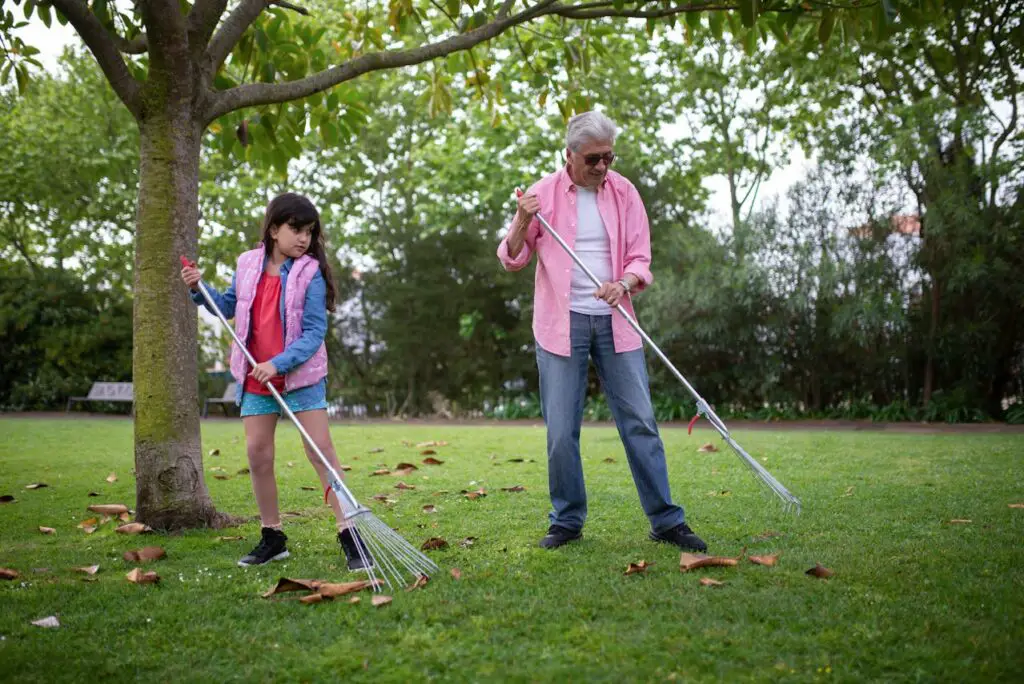
The term “eager beaver” came from military training camps where it described a recruit who was always the first to volunteer. Grandpa might have used it in jest when someone rushed to mow the lawn or insisted on helping in the garage. While sometimes used teasingly, it is also a nod to enthusiasm and a willingness to pitch in—qualities that never go out of style.
9. “Army Chicken” and Other Food Nicknames
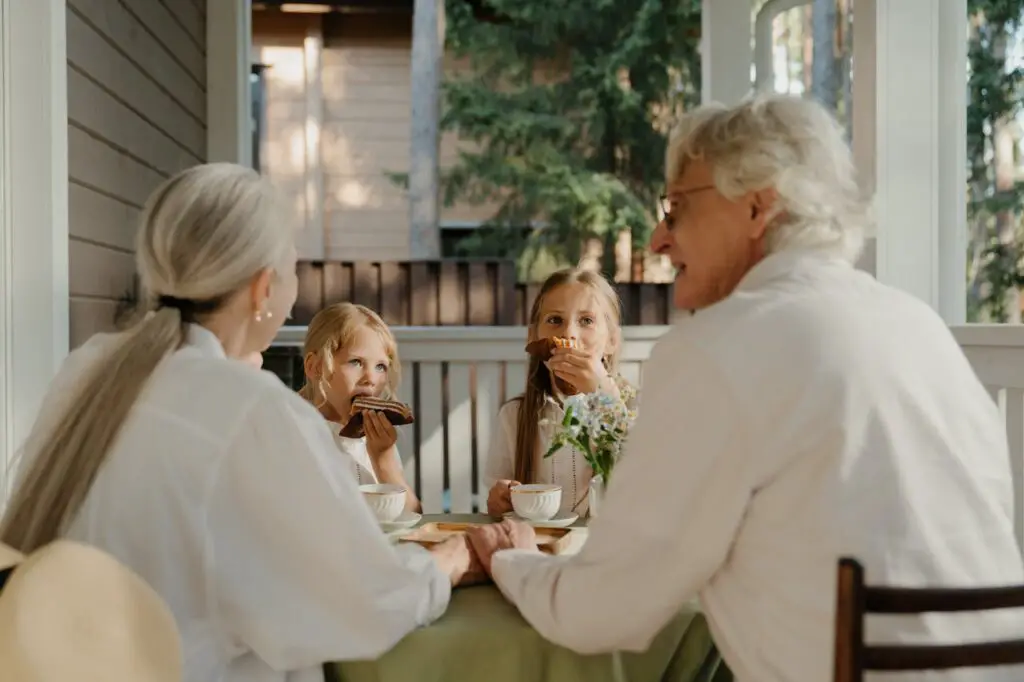
Soldiers often gave playful names to the rations they endured. “Army chicken” referred to beans and franks, “Army strawberries” to prunes, and “Army banjo” to the shovel they carried. Grandpa likely told stories of these meals with a grin, proving that even in difficult times, humor was the best seasoning. Remembering these phrases shows how laughter can make even the toughest meals easier to swallow.
10. “Ammo”
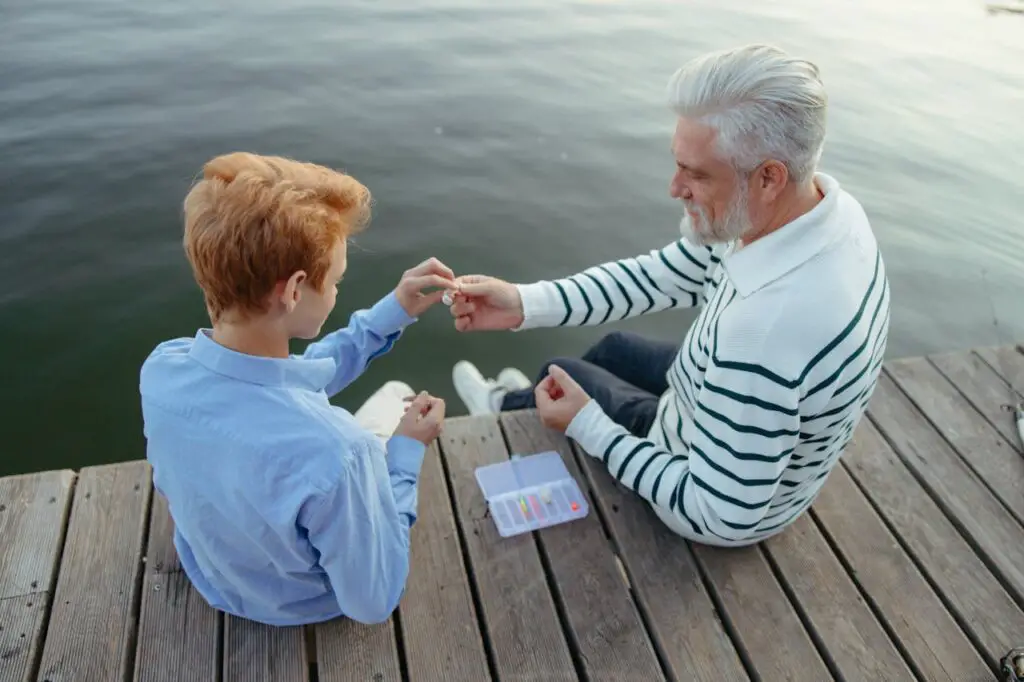
Short for ammunition, “ammo” entered everyday vocabulary after the war. Grandpa might have used it when reminding you to bring more “ammo” for an argument or more supplies for a project. The word shows how military language seeped into civilian life, offering a simple, punchy way to describe whatever tools or support you need to succeed.
11. “Head Honcho”

Borrowed from the Japanese word “hancho,” meaning squad leader, American soldiers adapted “head honcho” to describe the person in charge. At home, Grandpa might have used it jokingly when claiming his spot at the dinner table or when calling the shots during a family game night. It is a lighthearted way of recognizing leadership—whether real or just for laughs.
12. “Knucklehead”

Made popular by military training cartoons, “knucklehead” was a safe but pointed insult for someone who acted foolishly. Grandpa may have said it when a sibling spilled milk for the third time or when a neighbor tried to fix his car without the right tools. While it sounds playful, the message was clear: use your head.
13. “Clobbered”

Originally used by Allied forces to describe planes that had taken heavy damage, “clobbered” came to mean being defeated or utterly exhausted. Grandpa may have collapsed into his chair after mowing the lawn and declared, “I am clobbered.” It is an expressive way to admit you are worn out after giving it your all.
14. “Ginormous”

A mash-up of gigantic and enormous, “ginormous” became popular during the war years. Grandpa used it with wide-eyed humor to describe a Thanksgiving turkey or a neighbor’s new car. Today, it is still a fun way to emphasize size, and it brings out the kid in all of us.
15. “Umpteen”
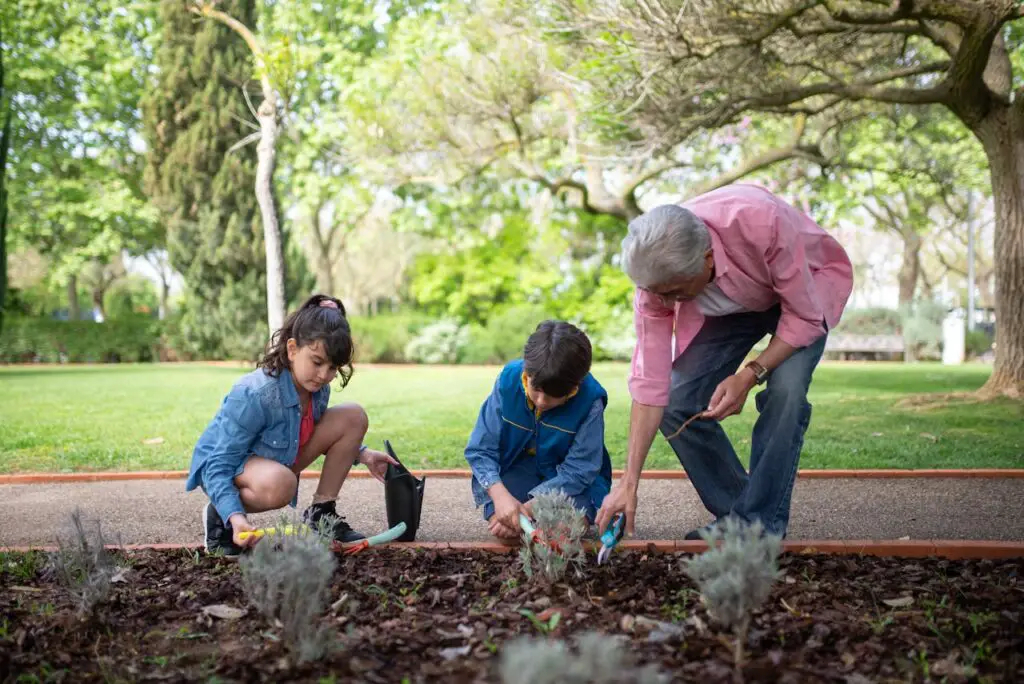
The word “umpteen” grew from military slang “umpty,” used to mean an unspecified large number. After the war, it entered common speech to describe something countless. Grandpa probably used it when talking about the “umpteen” chores he had to do or the “umpteen” times he had told the kids to clean their rooms. It is a playful way of admitting that some things happen far too often to count.
Final Thoughts

Grandpa’s sayings from the war years are more than just words; they are snapshots of a time when courage, resourcefulness, and humor were essential. Whether you still use “copacetic” when things are going well, or shout “Geronimo!” before diving into a pool with the grandkids, these timeless phrases keep the past alive in everyday life.
As baby boomers, you hold a unique bridge between the generations who lived through the war and those growing up today. By sharing these sayings—and the stories behind them—you are keeping history vibrant and meaningful. So the next time you find yourself “taking flak” for a harmless mistake, just smile and remember: even when things are a little “fouled up,” Grandpa’s words still have the power to set everything right.
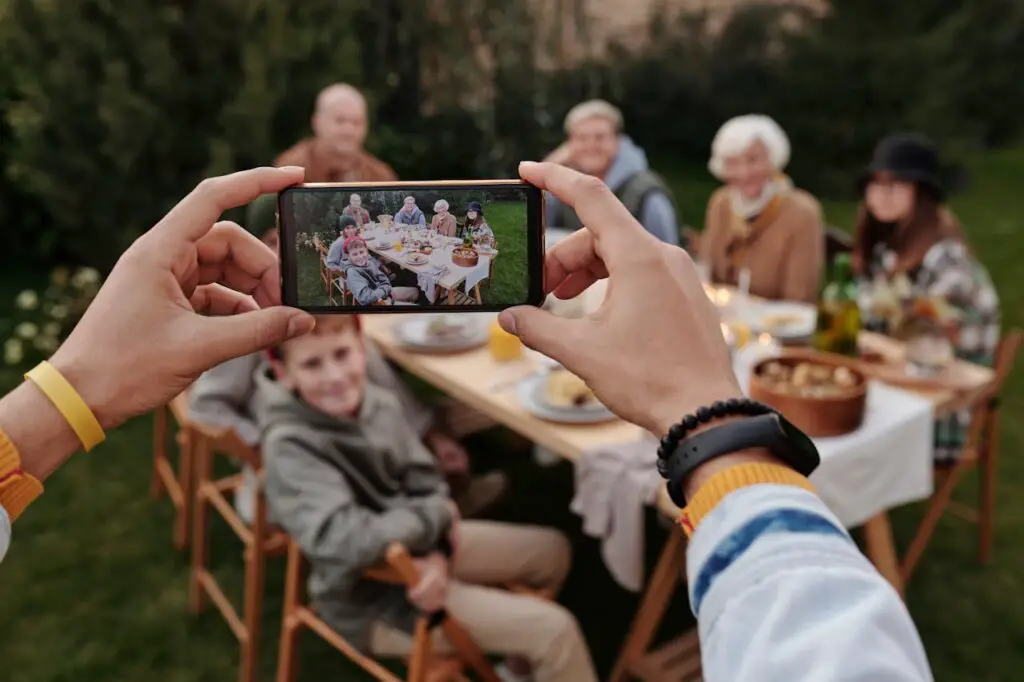


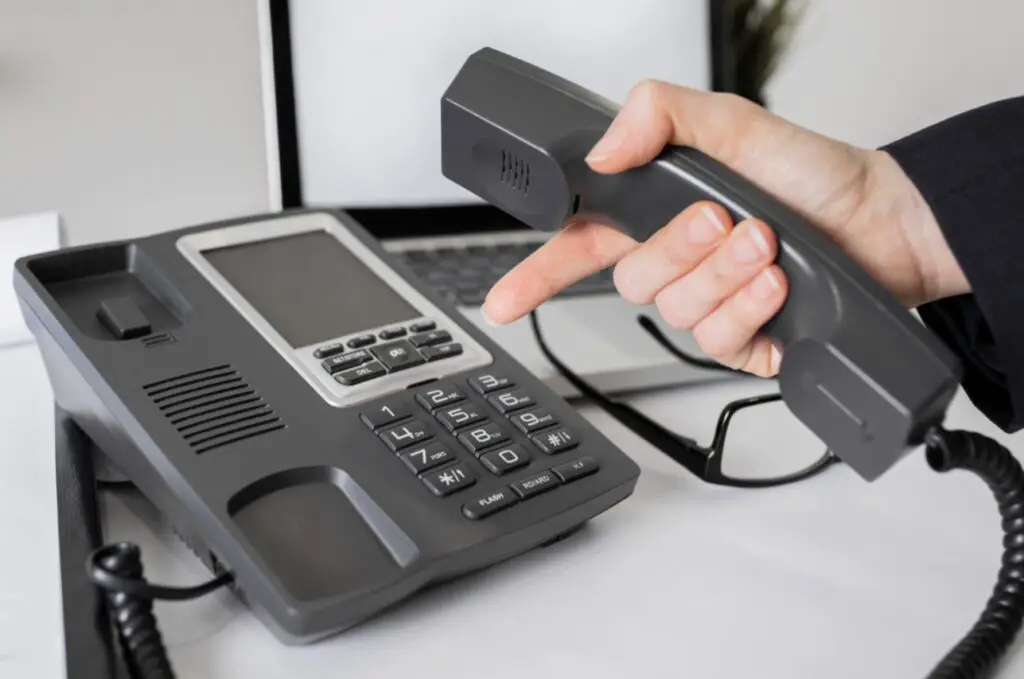

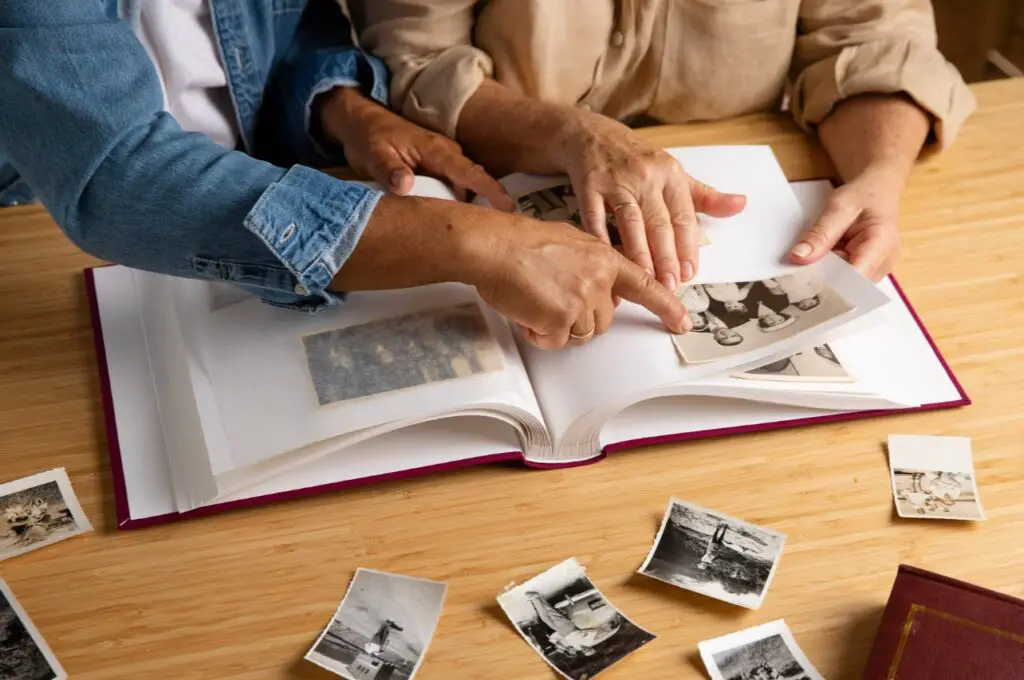

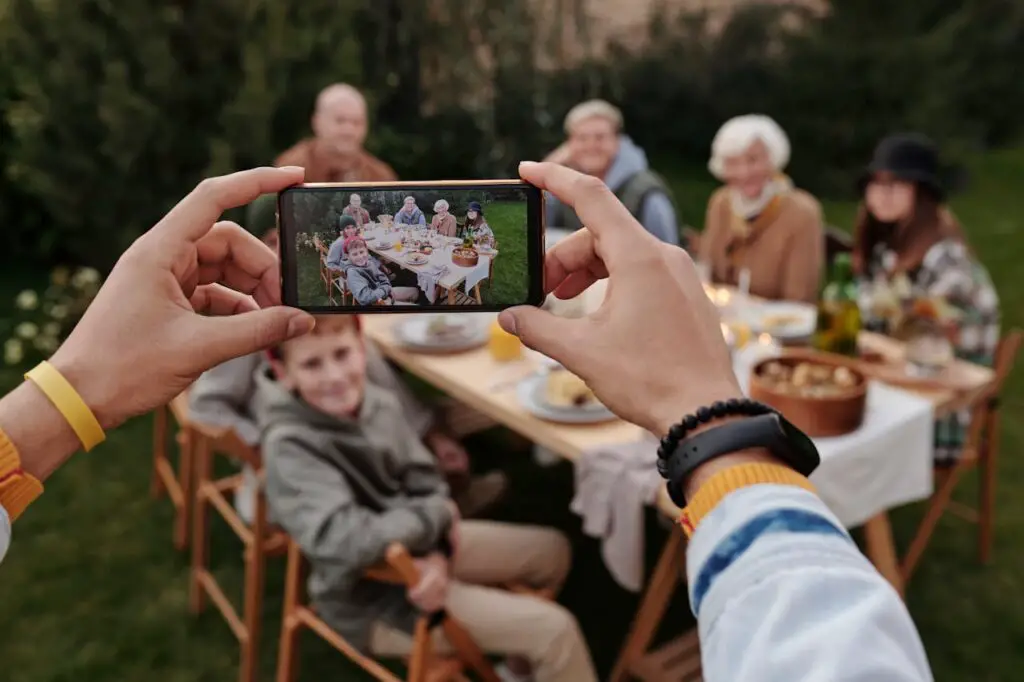
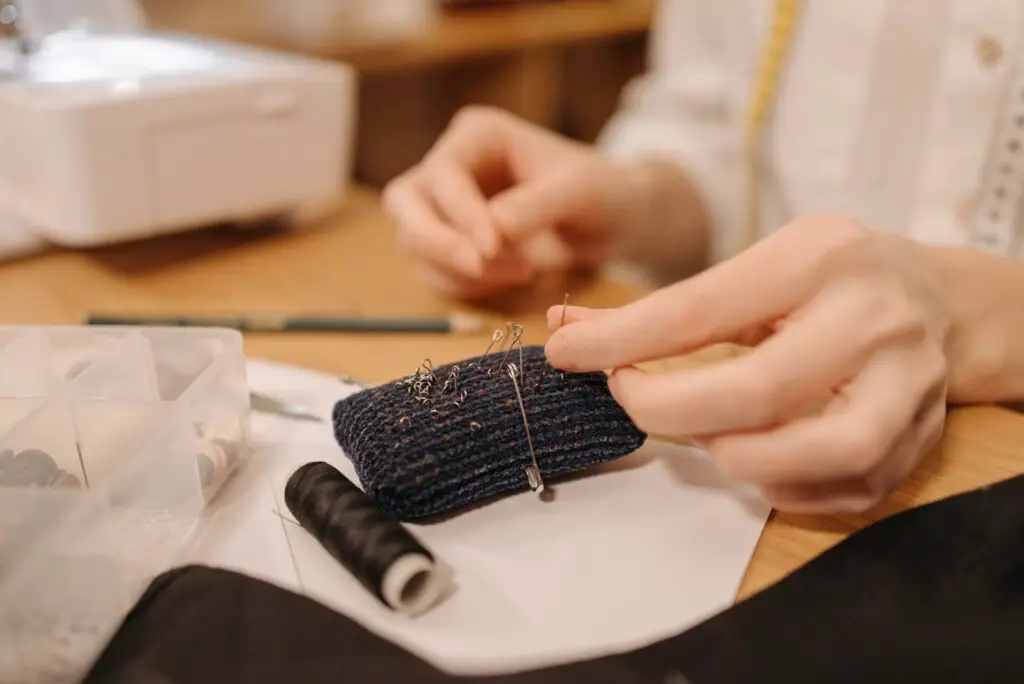
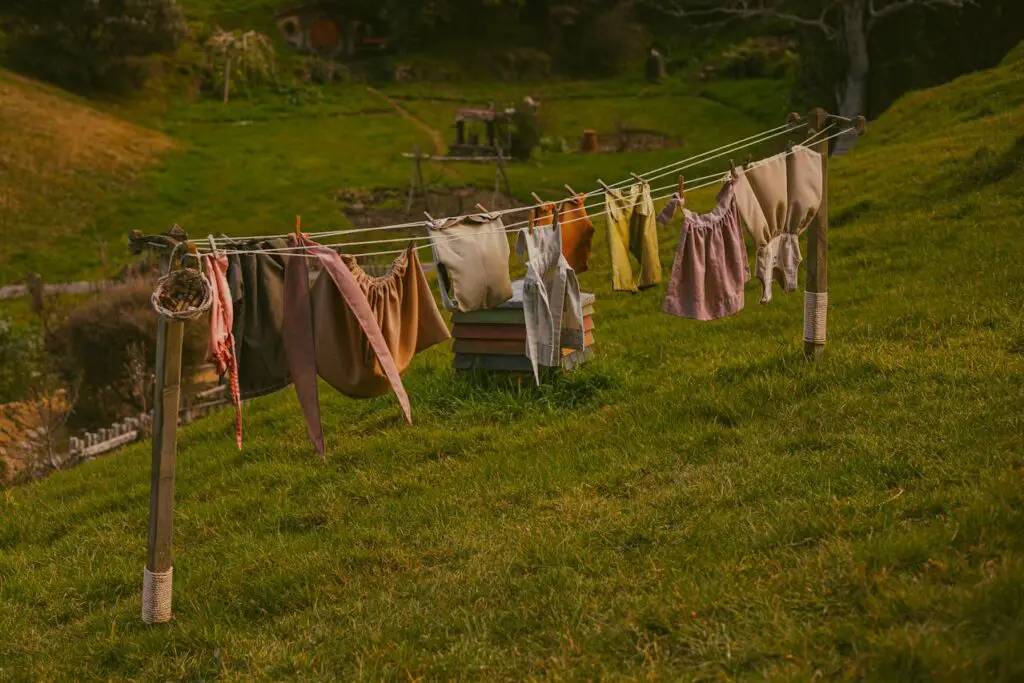
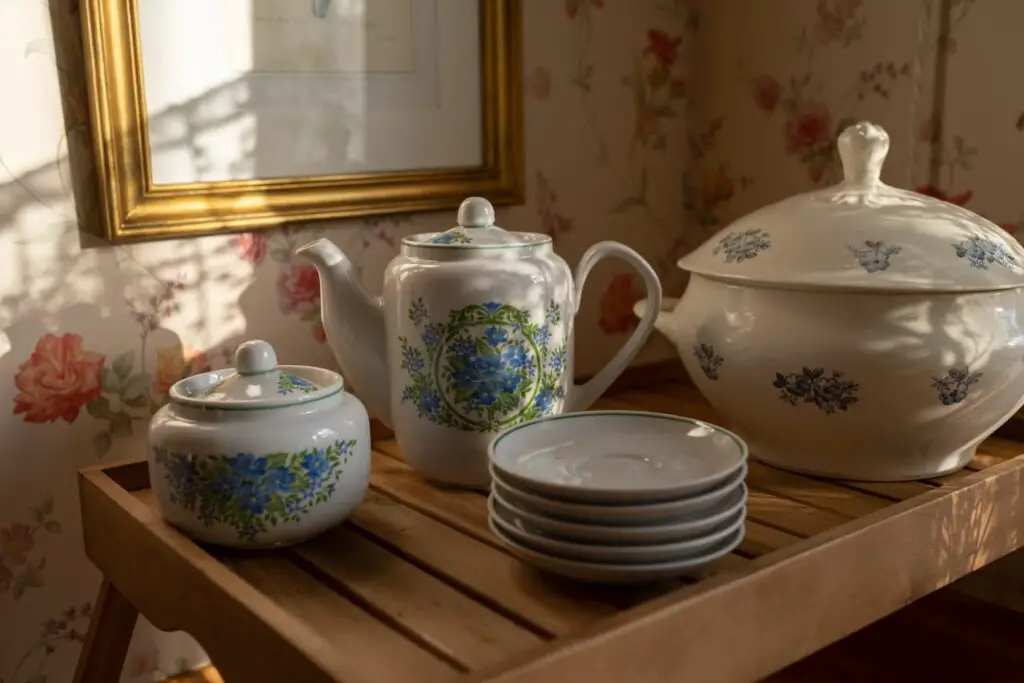


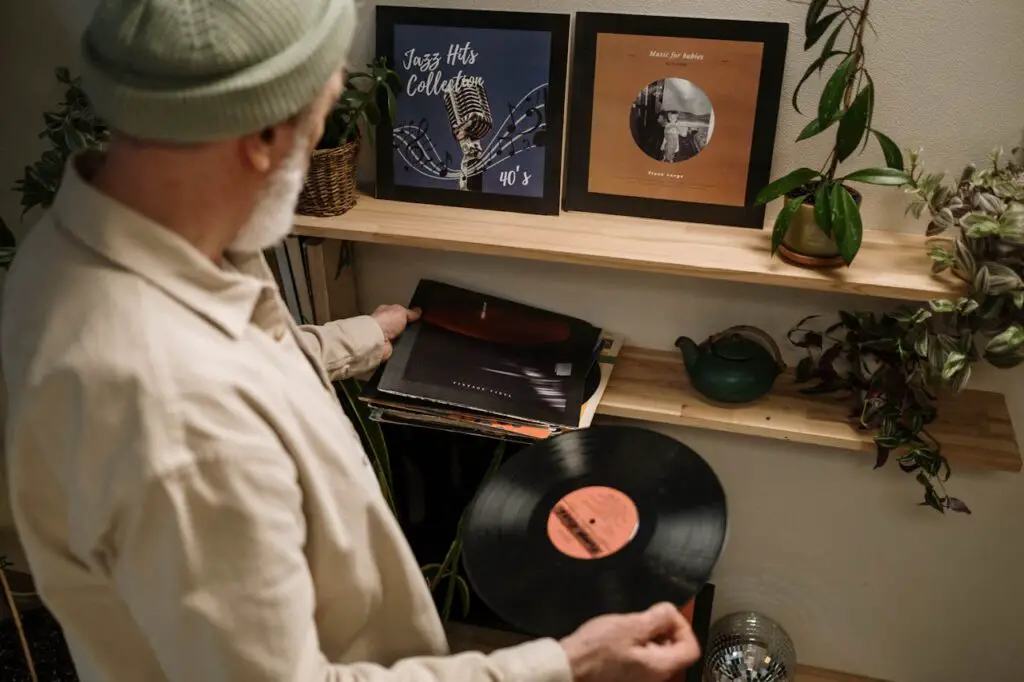


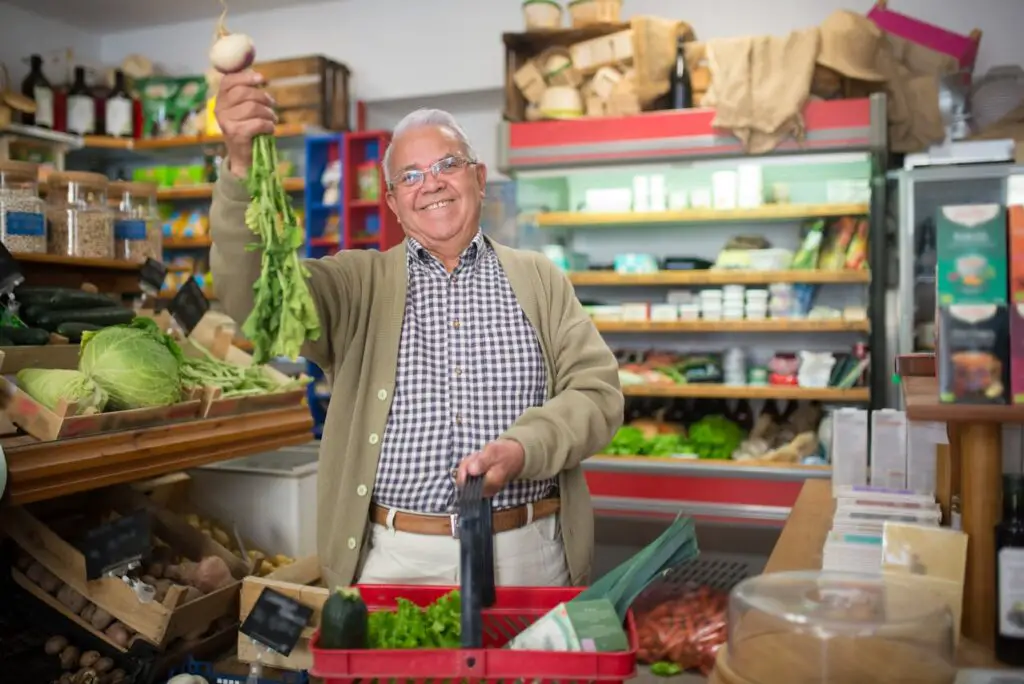
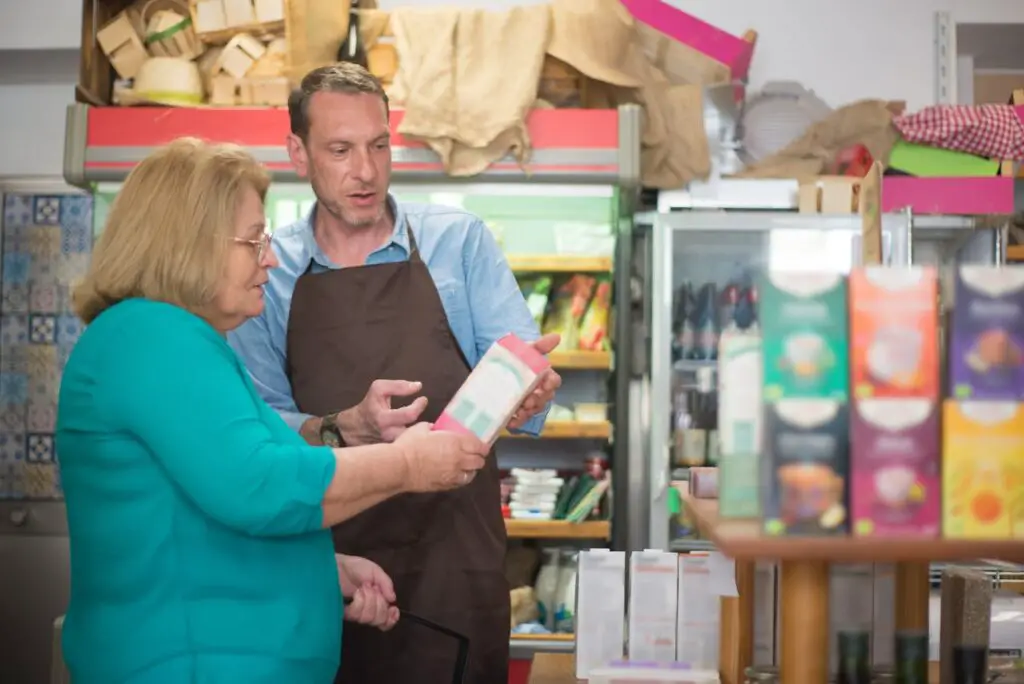


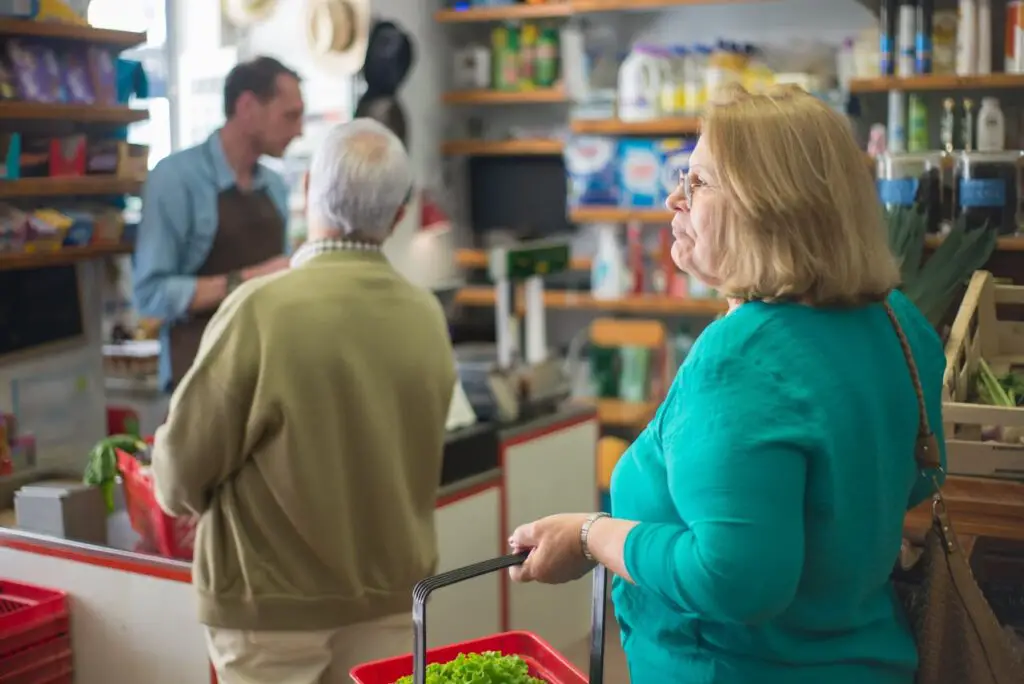

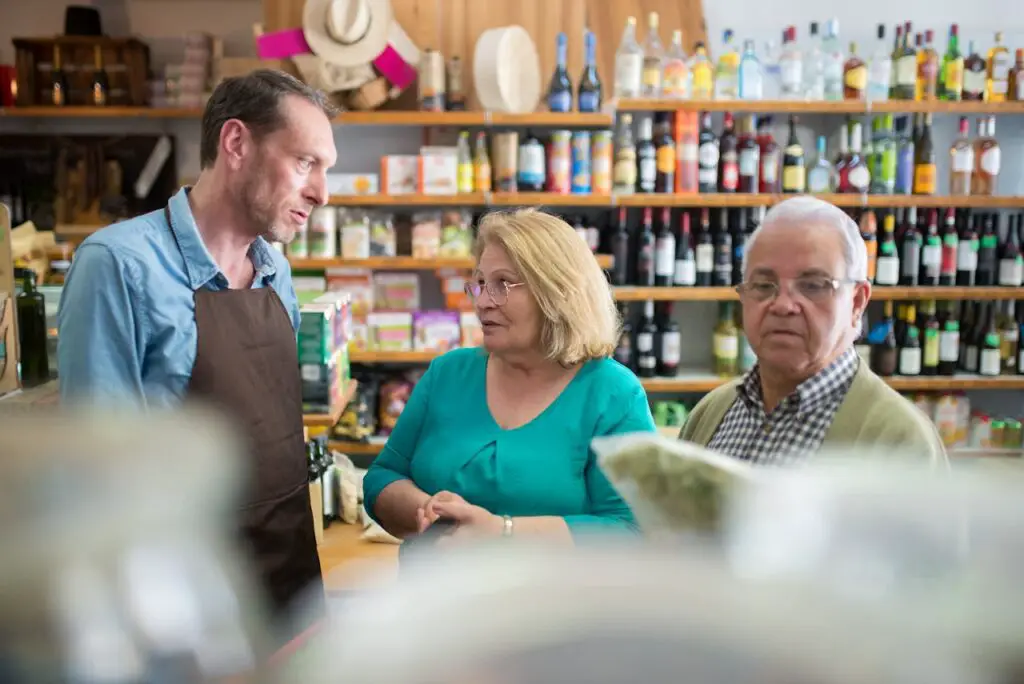


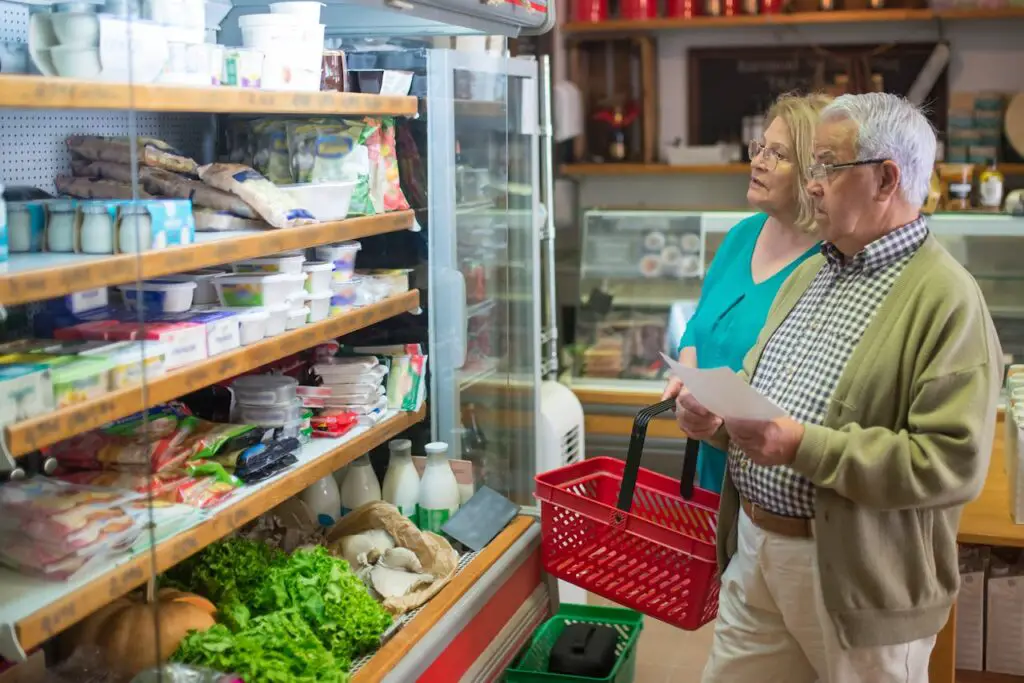














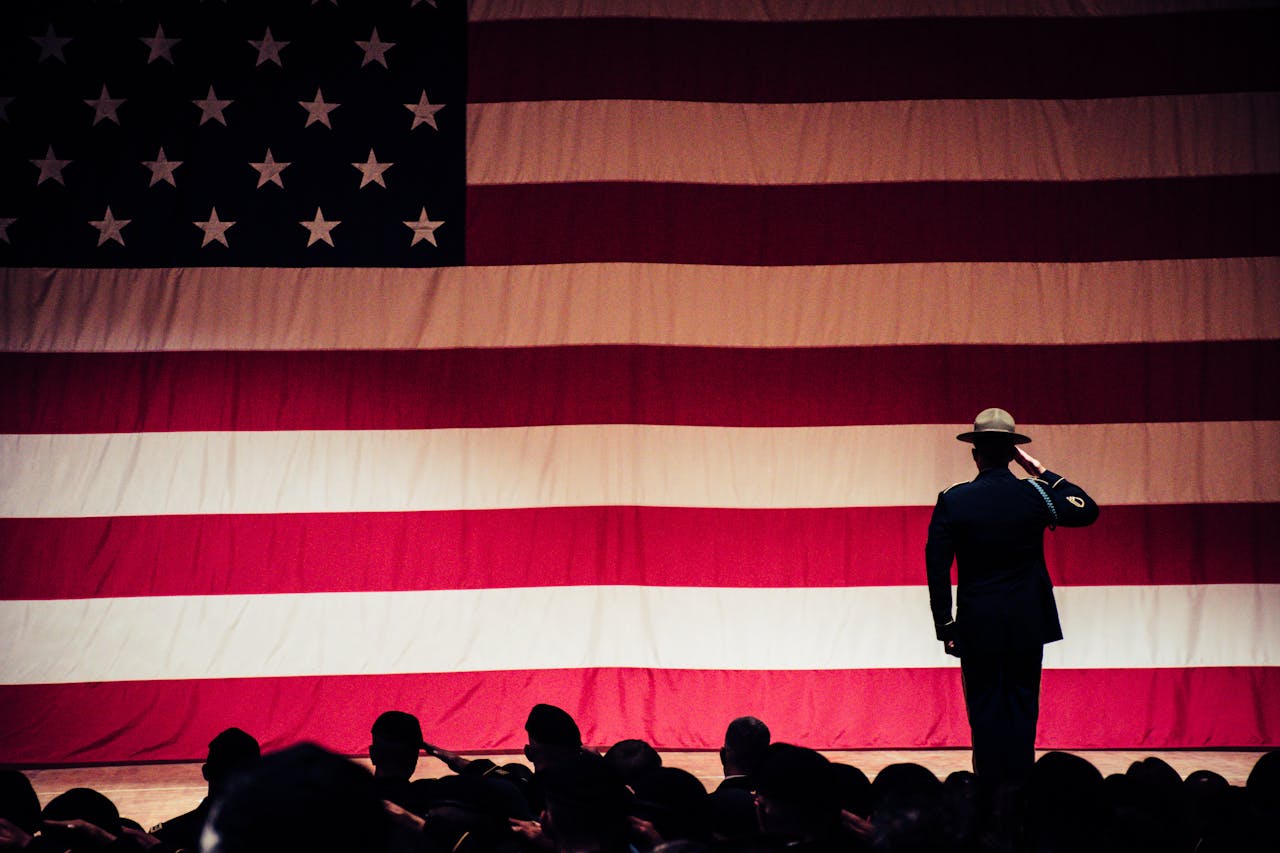


![3. Take Full Advantage of Education and Certification Opportunities <p>The military offers a wide range of educational benefits, such as tuition assistance and certification programs. Many veterans realize after separation that they could have utilized these resources more effectively. Whether it’s earning a degree, getting certified in a specific field, or learning new skills, capitalizing on these opportunities before discharge can enhance your qualifications for civilian employment.if(typeof ez_ad_units == "undefined"){ez_ad_units=[];}ez_ad_units.push([[580,400],"ourdebtfreefamily_com-large-mobile-banner-1","ezslot_8",107,"0","0", "ourdebtfreefamily_com-large-mobile-banner-1-0"]);if(typeof __ez_fad_position == "function"){__ez_fad_position("div-gpt-ad-ourdebtfreefamily_com-large-mobile-banner-1-0");}</p> ::Pexels](https://www.ourdebtfreefamily.com/wp-content/uploads/2024/10/pexels-sarah-chai-7282347.jpg)





